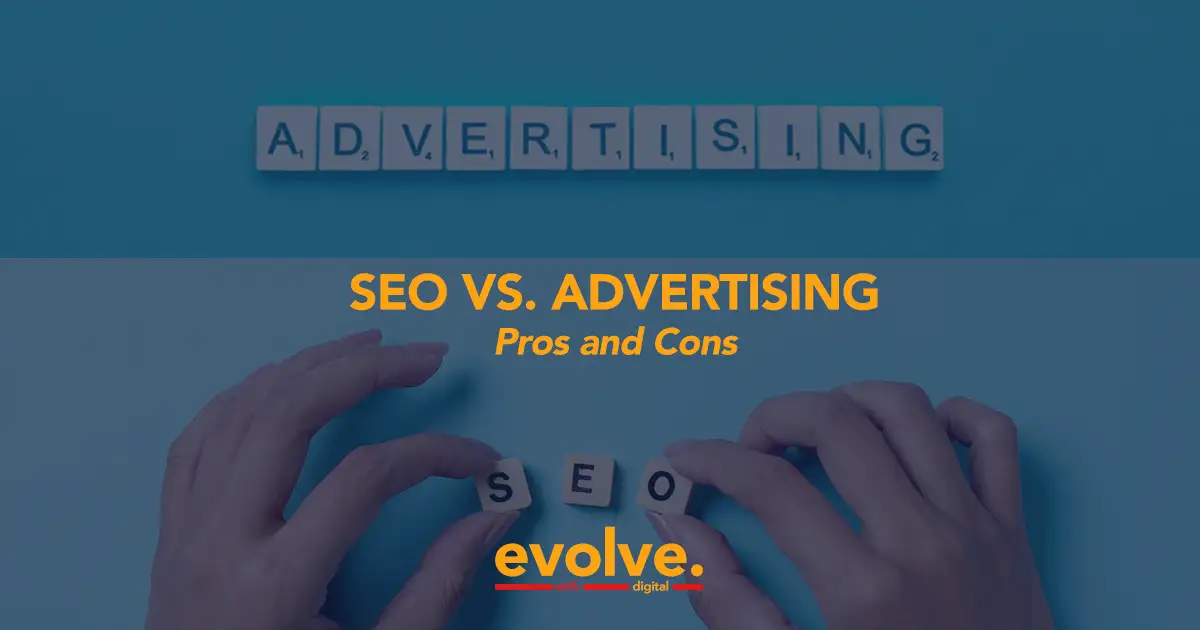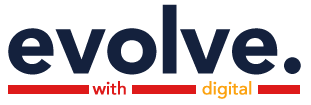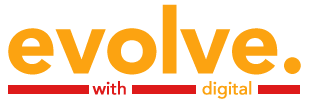
Table of Contents
Advertising vs SEO – Whats The Difference?
If you’re running a business, be it a local service or an online store you will be very familiar with advertising. Google, Facebook & Instagram ads, posting to your local classifieds and etc. It’s all a part of your advertising strategy. This is a great system because it allows you to track how much you spend and how much you earn, with every single ad.
On the opposite side of advertising, is a three-letter word you probably heard a dozen times. S-E-O.
Search Engine Optimization is the process of improving your website so it shows up higher in Google or Bing search results, making it easier for people to find it. Tracking the success in this case is easy, just Google your website. Calculating the return on your investment is a bit more difficult. When you read or inquire about SEO services, you will often get an offer where you need to pay a monthly fee and a required number of months. This whole deal might seem sketchy or risky. You are paying someone upfront a sum of money, for a possibility to show up higher on Google.
So if we got Advertising & SEO, which one is realistically better? Can and should one be implemented without the other?
In this article we delve into the pros and cons of SEO and advertising, offering insights into how each can be leveraged for maximum benefit.
Search Engine Optimization (SEO)
Lets take a loot at pros and cons of SEO first.
SEO Pros:
Cost-Effective: One of the primary advantages of SEO is that it is generally more cost-effective than paid advertising. While there are costs associated with hiring SEO experts or agencies, the ongoing expenses are relatively low compared to continuous ad spending. Once a website achieves high rankings, the maintenance costs are minimal.
Long-Term Results: SEO provides long-lasting results. Once your website ranks high on search engines, it can maintain its position with regular updates and quality content. This means continuous organic traffic without the need for constant financial input.
Increased Credibility and Trust: Websites that rank high in organic search results are often perceived as more credible and trustworthy by users. Organic search results are seen as endorsements by the search engine, which can enhance your brand’s reputation.
Better User Experience: SEO involves optimizing your website for both search engines and users. This includes improving site speed, mobile-friendliness, and overall user experience. A well-optimized site not only ranks better but also provides a better experience for visitors.
Higher Click-Through Rates (CTR): Studies show that organic search results have higher click-through rates than paid ads. Users tend to trust organic results more and are more likely to click on them.
SEO Cons:
Time-Consuming: SEO is a long-term strategy that requires patience and time. It can take months to see significant results, especially in competitive industries. Businesses looking for quick wins may find SEO frustratingly slow.
Constantly Changing Algorithms: Search engines frequently update their algorithms, which can impact your rankings. Staying up-to-date with these changes and adjusting your strategy accordingly can be challenging and time-consuming.
High Competition: The competition for top positions in search engine results is fierce. Larger companies with bigger budgets can invest more in SEO, making it difficult for smaller businesses to compete.
Requires Ongoing Effort: SEO is not a one-time effort. It requires continuous optimization, content creation, and link-building to maintain and improve rankings. This ongoing effort can be resource-intensive.

Advertising
Now, lets take a look at pros and cons of online advertising.
Advertising Pros:
Immediate Results: One of the biggest advantages of online advertising is the immediacy of results. As soon as your ad campaign is live, you can start receiving traffic and leads. This makes advertising an excellent option for businesses looking for quick results.
Targeted Reach: Online advertising platforms like Google Ads and social media networks offer sophisticated targeting options. You can target specific demographics, interests, behaviors, and locations, ensuring your ads reach the right audience.
Scalability: Advertising campaigns can be easily scaled up or down based on your budget and goals. You can start with a small budget and increase your spending as you see positive returns.
Measurable ROI: Online advertising provides detailed analytics and performance metrics. You can track impressions, clicks, conversions, and more, allowing you to measure the return on investment (ROI) accurately and make data-driven decisions.
Flexibility and Variety: There are various forms of online advertising, including search ads, display ads, social media ads, video ads, and more. This variety allows businesses to choose the format that best suits their goals and audience.
Advertising Cons:
Costly: The biggest drawback of online advertising is the cost. Pay-per-click (PPC) campaigns can be expensive, especially in competitive industries where bid prices for keywords are high. Continuous ad spending is required to maintain traffic and leads. This also requires your ad campaigns to be created, published, and maintained by an experienced individual or an ageny.
Ad Blindness: Many internet users have developed “ad blindness,” where they consciously or subconsciously ignore ads. This can result in lower click-through rates and reduced effectiveness of your campaigns.
Short-Term Impact: Unlike SEO, the impact of online advertising is short-term. Once you stop paying for ads, the traffic and leads generated from those ads disappear. This makes advertising a less sustainable option for long-term growth.
Click Fraud: Click fraud is a significant concern in online advertising. Competitors or malicious actors may click on your ads repeatedly, draining your budget without providing any real value. While advertising platforms take measures to prevent this, it remains a risk.
Complexity: Effective online advertising requires a deep understanding of the platforms and tools available. Setting up and managing campaigns can be complex and time-consuming, often requiring professional expertise.
Read Next
External Links
Strategies For Overcoming banner ad Blindness – article by Forbes – click here.
Organic vs. Paid Search – article by Shopify – click here.
About the Author
Since early age (circa 2005.) Alex has been a student of informational technologies.
Having honed skills in VB & C++, he went on to learn web technologies all while keeping design, graphics, video, and animation as his hobby.
Alex helped countless businesses establish their brand & digital presence, in the form of websites, apps, marketing campaigns, and more.
In 2020 he sold his well-established digital agency to pursue an art career, but decided to come back to the world of digital in 2023.
ALEX DAWSON


